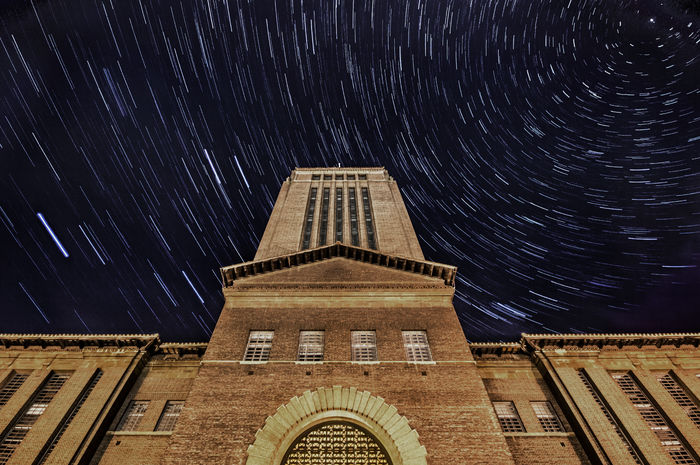Ancient star discovery could overturn star formation theories, Cambridge study finds
The study was carried out as part of a “galactic archaeology” collaboration involving three Universities including Cambridge

A study involving Cambridge’s Institute of Astronomy has discovered unusually high levels of the elements carbon, nitrogen, and oxygen (CNO) in the atmosphere of the ancient star.
The findings provide new insight into how these three elements were formed in the early universe.
The star in question, J0815+4729, was formed only a few hundred million years after the birth of the universe, making it one of the oldest observable stars.
The study’s co-author and researcher at the Institute of Astronomy David Aguado told Varsity he believes the observed ‘CNO enhancement’ could “force us to reassess our theoretical models in star formation”.
Aguado and colleagues at the Instituto de Astrofísica de Canarias (IAC) discovered J0815 in 2018. It is located in the ‘halo’ of the Milky Way, a diffuse spherical shell of matter surrounding the galaxy.
“These kinds of stars (the oldest in the Milky Way) are genuine fossil records of the chemical evolution of the Universe. The fact that J0815 has a very high CNO abundance makes it a very interesting object,” he said.
Using the CNO enhancement along with the observation, J0815 has only a fraction of the metal content of the Sun. The researchers inferred it may have been contaminated by another star collapsing nearby in an event known as a supernova.
While the lighter elements, including CNO, were ejected, the black hole formed from the supernova may then have captured the much heavier metals, in a process called ‘fallback’.
The study was a collaboration between the Institute of Astronomy, IAC, and the University of California San Diego (UCSD), and was funded by the Spanish Ministry of Science, Innovation, and Universities (MICIU).
Cambridge University is “deeply involved with the Spanish institutions” who participated in the study, according to Aguado.
A meeting of the WEAVE collaboration, whose goals include the chemical analysis of stars formed very early in the life of the universe, will take place later this year.











